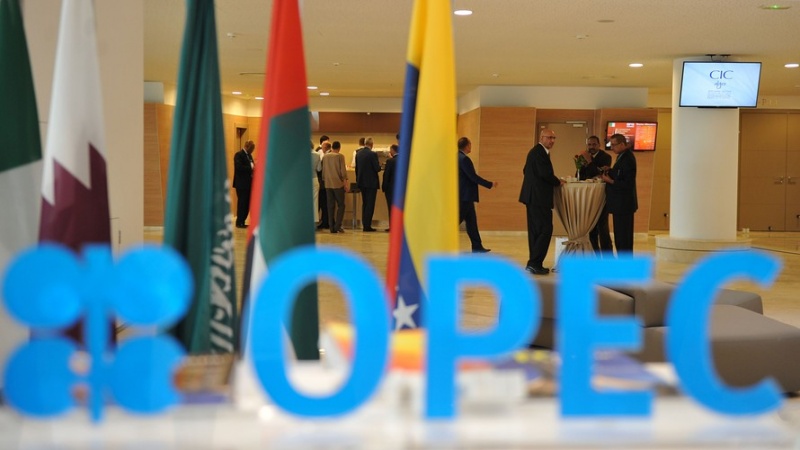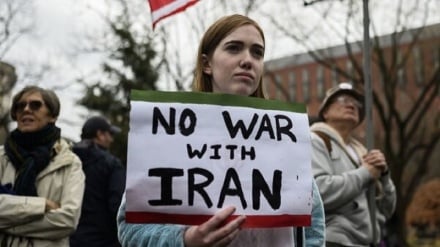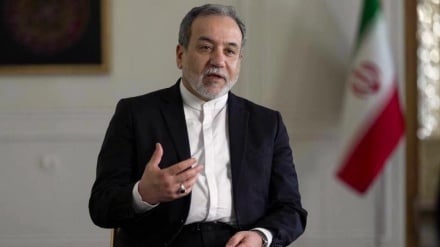Iran carefully watching next OPEC/non-OPEC move
Iran is carefully monitoring the next steps by some OPEC members and their allies which have “arbitrarily” ramped up oil production, leading to a crash in prices.
They are to meet in Vienna on Thursday and Friday toward a deal to reduce output, but Iran's OPEC governor Hossein Kazempour Ardabili believes an agreement is unlikely to be reached.
Saudi Arabia, which has boosted its exports under pressure from the United States in recent months, is reportedly pushing for steep reductions in output from January, but Iran views it a political gimmick.
Ardabili says any meaningful cuts in production must be made by the countries which have pumped above their quotas in breach of a 2007 deal between OPEC and non-OPEC oil producers.
The deal is monitored by the Joint OPEC/Non-OPEC Ministerial Monitoring Committee (JMMC), which is dominated by Saudi Arabia and Russia.
Ardabili said the committee has unilaterally allowed certain members to produce above their quotas since May despite being “obliged to inform other OPEC members of any change in production and secure their consensus.”
According to the official, some OPEC members with “political motivations” and non-OPEC members motivated by an urge to get a better market share sharply increased production, which led to a $30 drop in oil prices from their highest point.
The production surge took place in the run-up to US President Donald Trump’s pledge to sanction Iran’s oil sector on Nov. 4 and later decide to give waivers to some customers.
Major producers such as Russia, Saudi Arabia, Iraq, the UAE and Kuwait pounced on the occasion to produce as much oil as they could, anticipating a steep drop in Iran’s exports which did not happen.
The move has frustrated many producers, prompting Qatar to announce that it was quitting OPEC to focus on gas in a swipe at Saudi Arabia.
SS



